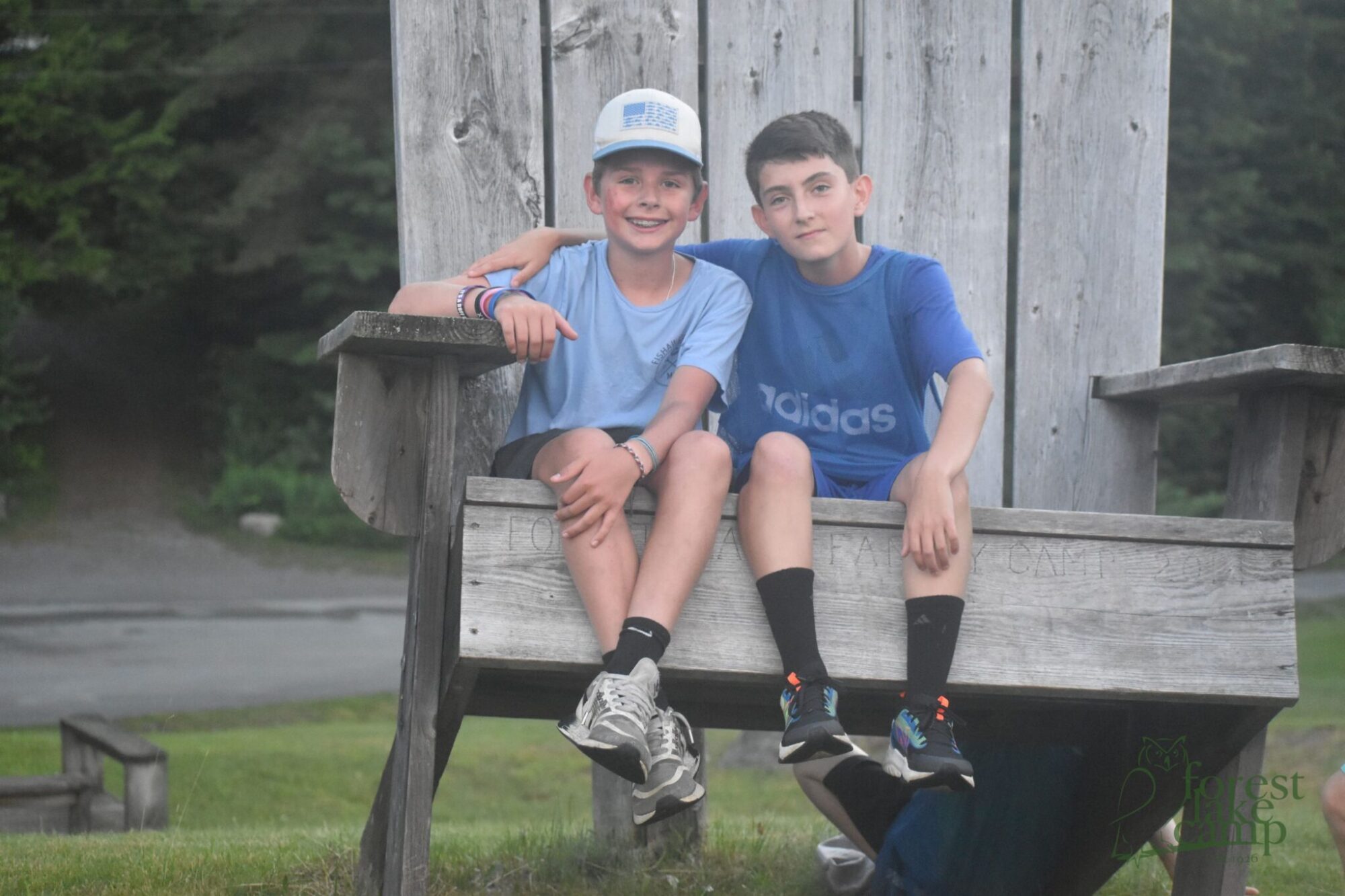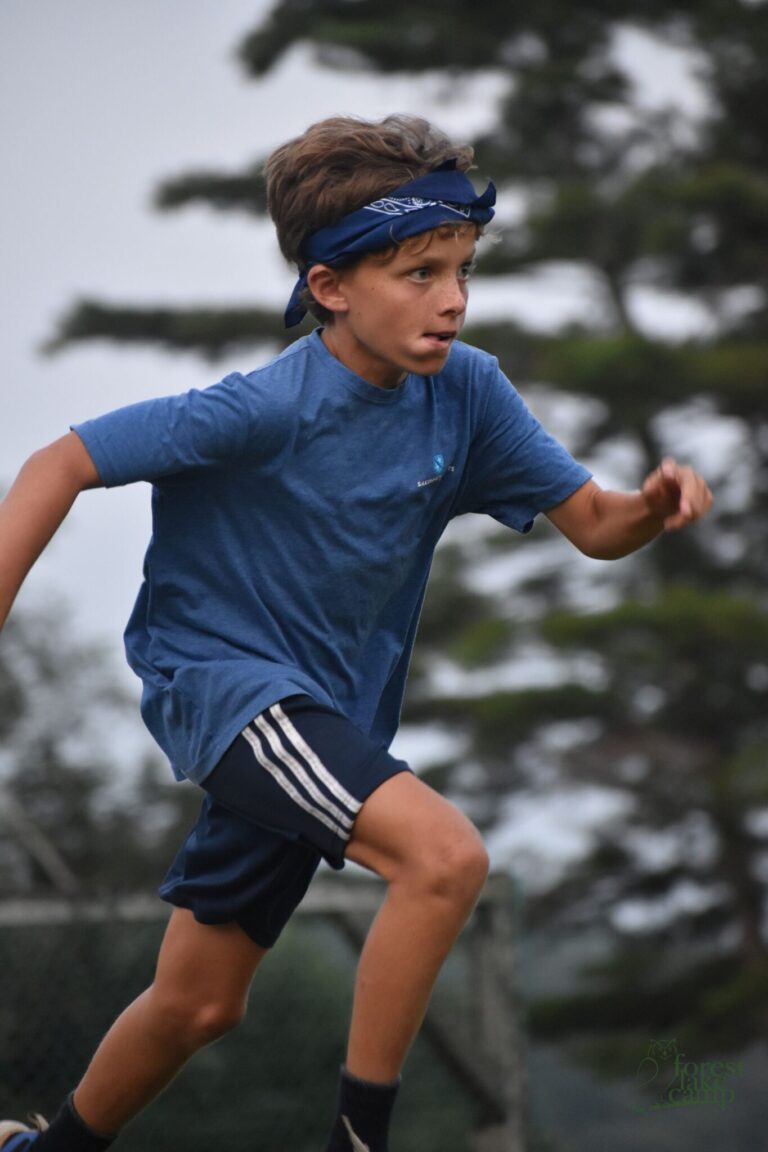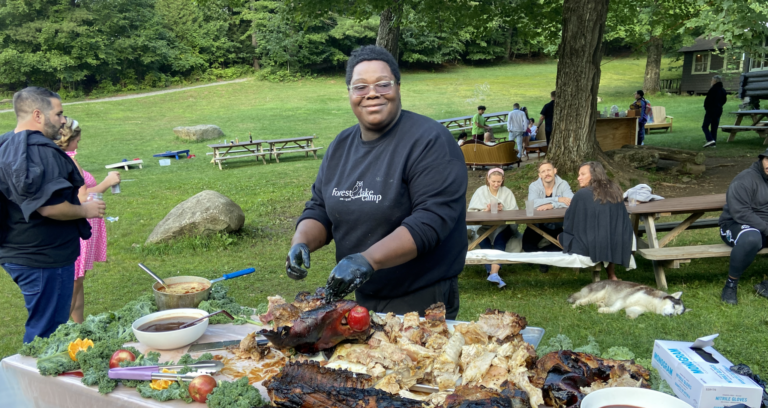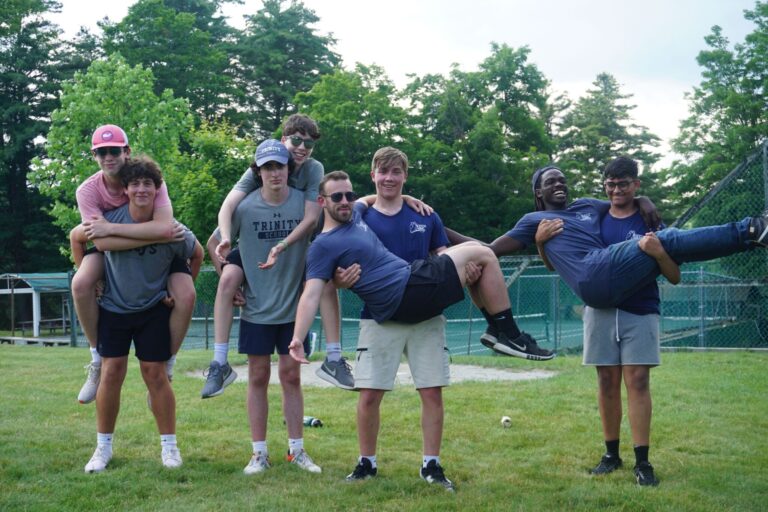In this 5-minute read, Steve Baskin, incoming board chair of the American Camping Association, suggests that summer camps have the “exact kinds of features needed to help reverse the two trends that have driven much of the mental health crisis that is currently facing our young people: over-protection in the real world and under-protection online.
Baskin posits that parents today have shifted much of their parenting philosophies from “preparation for life” to “protection from pain”, and this very protection, ironically, exacerbates the inevitable inability of our youth to experience life’s many setbacks with resiliency, grit, and agency.
As a current director of a summer camp program, and as a life-long advocate for the mental-health benefits of the summer camp experience, I wanted to take the opportunity to amplify Baskin’s message and to add to it, as well:
Although Baskin is correct to assert that tech-free summer camp programs can help us reverse the mental health crisis, he misses one key element of the summer camp program that is, perhaps, more responsible than any other for allowing our campers to escape this perpetual sense of anxiety and stress: summer camp is one of the only places in the world in which the experience is the end in and of itself. The transaction is simple: come to summer camp; be at summer camp.
Unlike the other 48-50 weeks per year, in which we are collectively programmed to get the grades or make the team to get the acceptance to get the diploma to get the job to get the promotion to get the title to get the money to get the…next…next…next…, for 2-4 weeks each summer, we allow and encourage our children to appreciate the moment itself and to focus on what is directly in front of them: this water, this tree, this conversation, this friend for life. Our campers do not come to camp asking, “What’s Next?”, but rather, “What’s Now?” And that paradigm shift is essential to promoting our collective well-being and mental health.
I hope we never lose sight of the power of allowing our children simply to be without their feeling anxious about what they have yet to become.




